The function of the police, one might have thought, was to protect the weak against the overbearing and the bullying. Unfortunately, a by-product of the Gaza crisis has been to suggest that, at least on the streets of London, a bit of carefully targeted thuggery against your political opponents can pay useful dividends.
For some days now, the Campaign Against Antisemitism (CAA) has been raising awareness of the plight of abducted Israelis in Gaza by driving display vans around iconic parts of London. These vans are fitted with electronic billboards on the sides and back containing the names of children taken by Hamas from Israel a couple of weeks ago, and still holed up (assuming they are alive) in the Gaza Strip.
These pro-Palestine fanatics know that if they make sufficient noise and trouble they will be given their way
On Wednesday, pro-Palestinian protesters encountered one of these vehicles in Parliament Square. They stood menacingly in front of it, shouting anti-Israel invective. What did the police do? Instead of preventing an attack on the van and clearing a passage for it, they stopped it and spoke to the driver. They told him they could not allow him to proceed and shortly later ordered him to switch off his display immediately and leave the area. The chief executive of CAA, when he arrived, was prevented from crossing to speak to the driver. Nothing, it seems, was done about the protesters.
What were the reasons for this apparent exercise in suppressing the speech of one side but allowing that of the other? At the time, the police present used phrases like ‘breach of the peace’ and ‘your own safety.’ In a subsequent statement, they said they had acted for ‘public safety’ and to prevent the van ‘becoming a point of tension or conflict,’ and added, slightly disingenuously, that they had earlier prevented an ugly mass march on the Israeli embassy.
In a way, you can understand the actions of the harassed coppers on the ground, who were clearly out of their depth and one suspects lacking determined leadership. They deserve sympathy rather than brickbats. Indeed, they may even have been acting lawfully. (The CAA are currently investigating the legalities, and it is certainly true that the existing law is not entirely certain when it comes to how far a person is entitled to speak his mind amid a hostile crowd threatening violence.)
Nevertheless, this whole development is distinctly worrying.
The obvious point is that of moral hazard. The CAA campaign is entirely passive, consisting simply of non-violent speech in the form of posters depicting people caught up through no fault of their own in a fight not of their making. The protesters’ tactics in surrounding the van were intimidating and threatening, and there were more of them than there were CAA people. The message of Wednesday’s events is clear: if you outnumber your opponents and threaten violence, you will be rewarded. The heckler’s veto will not only be respected, it will be backed up by the full force of the state.
The second point is that if we have further episodes like this, our right to speak our mind is in serious danger. A practice of suppressing the peaceful expression of an entirely lawful point of view, simply because of threats to safety, or the possibility of tension, could cover almost anything. Someone holding up an ‘adult human female’ placard at a demonstration by vociferous trans activists, or Hope not Hate holding up posters at a Britain First rally. It is bad for police reputation, too, and they will inevitably be accused of biased enforcement of the law.
What needs to be done? First, there needs to be clear leadership from police top brass on the issue of free speech. Hapless police constables should not be sent out with only a vague memory in their training of something called Article 10 of the European Convention on Human Rights. It needs to be made clear that certain kinds of speech are to be allowed whatever.
Secondly, there need to be limits to the ‘safety first’ culture. Put bluntly, unless we are prepared to surrender our streets to those who shout loudest, appeasing the most menacing, we must recognise that there are cases where values like free speech are more important than public safety. We could begin by agreeing: threats of violence notwithstanding, a vehicle carrying a peaceful and lawful message should be given passage, and hostile crowds wishing to stop it should be held back.
These pro-Palestine fanatics know that if they make sufficient noise and trouble they will be given their way in the name of safety and social harmony. Stop this, make it clear that thuggish behaviour will be decisively suppressed, and you will not only protect free speech. You will create respect for the copper on the beat.
Got something to add? Join the discussion and comment below.
Get 10 issues for just $10
Subscribe to The Spectator Australia today for the next 10 magazine issues, plus full online access, for just $10.

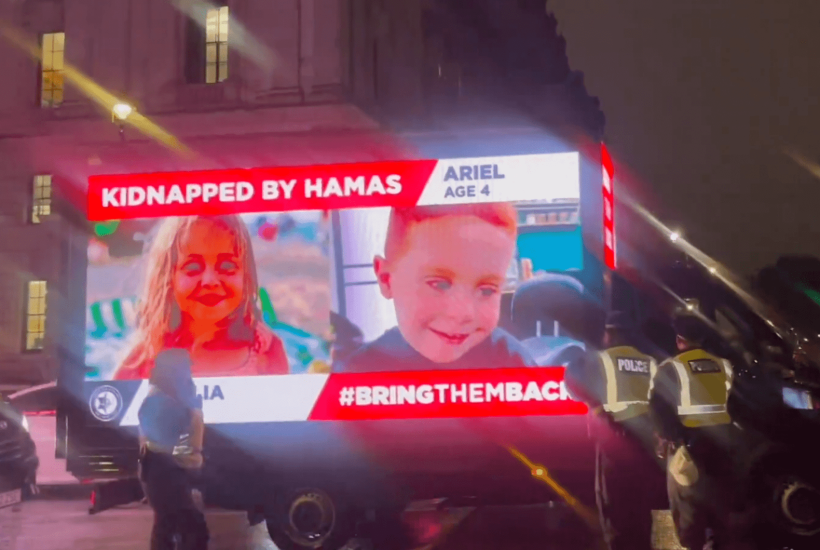

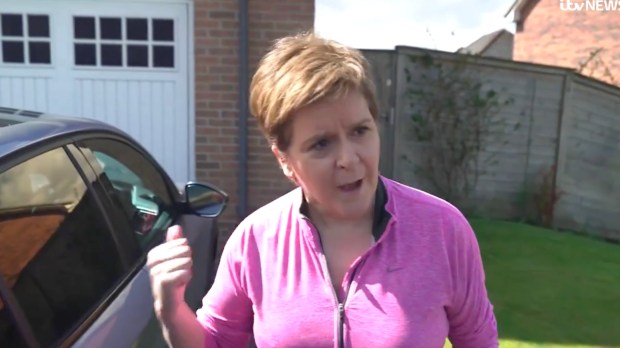
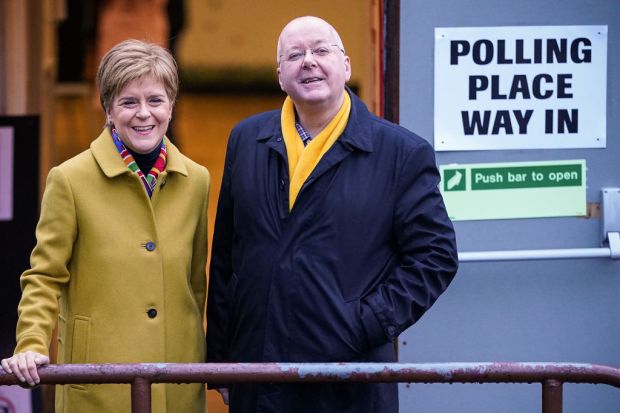
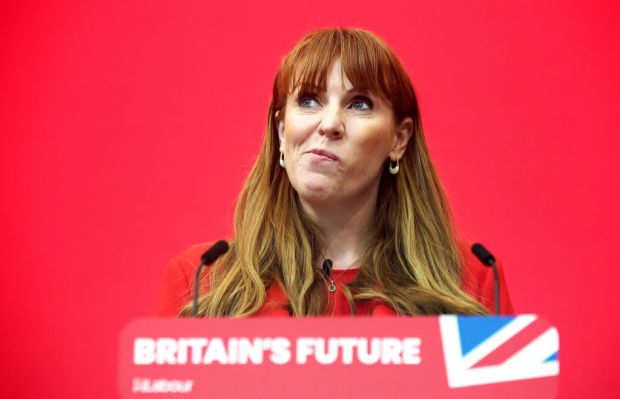
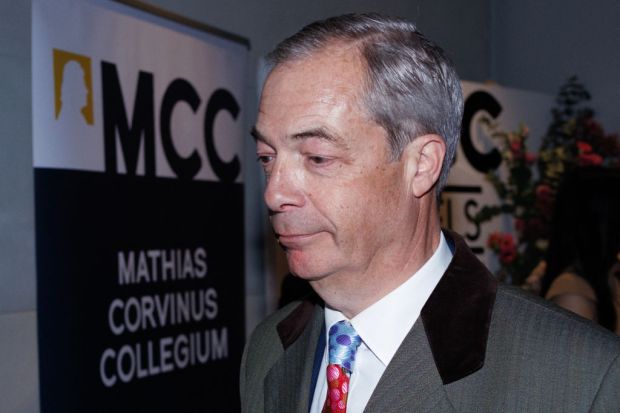
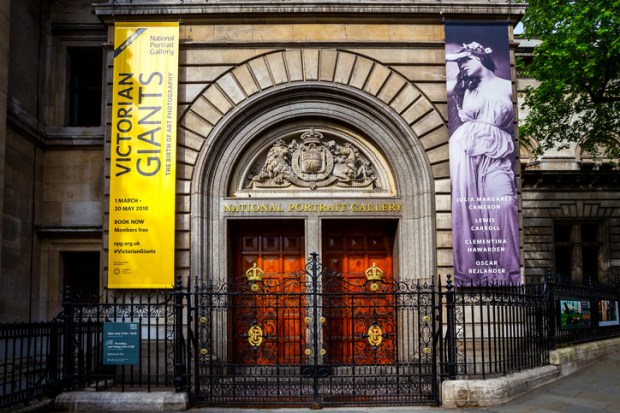












Comments
Don't miss out
Join the conversation with other Spectator Australia readers. Subscribe to leave a comment.
SUBSCRIBEAlready a subscriber? Log in